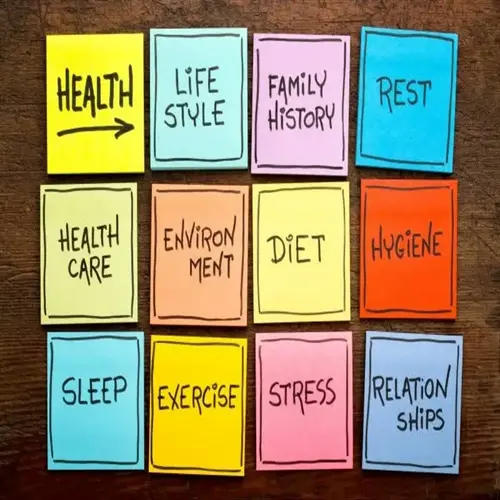Why prioritize whole foods over supplements?

Written by
David Nelson
Reviewed by
Prof. Graham Pierce, Ph.D.Whole foods give nutrients in a complete package that supplements cannot duplicate. An orange, for example, supplies you with vitamin C, plus fiber and bioflavonoids needed to aid in absorption. Because synthetic vitamins lack this natural matrix, they are relatively ineffective, as they contain the same chemical elements as natural vitamins. Your body recognizes and uses the compounds in foods in a much better way.
Nutrient Synergy
- Broccoli contains sulforaphane activated by myrosinase enzymes during chewing
- Turmeric's curcumin absorption increases 2000% with black pepper's piperine
- Spinach offers iron with vitamin C for enhanced uptake
Metabolic Compatibility
- Food matrices regulate nutrient release preventing overdose risks
- Fiber moderates sugar absorption from fruits unlike juice extracts
- Phytochemicals in plants modify gene expression for disease protection
The combination of foods yields a power greater than the sum of its separate compounds. The lycopene in tomatoes is present in the company of the other carotenoids, the whole of which brings about a greater reduction of degenerative diseases than does the lycopene alone. The substances act together in ways that science has not yet been able to duplicate in the laboratory.
Fiber content matters for metabolic health. Whole apples contain pectin, which slows sugar absorption, and apple juice gives you a quick spike in blood glucose levels. Supplements often lack this regulating fiber, which can lead to nutrient imbalances if used over a long period.
By practical implementation we mean selecting sweet potatoes instead of taking beta-carotene capsules and roasting vegetables with herbs for flavor instead of taking an antioxidant pill. Whole foods contain thousands of beneficial compounds working synergistically.
Certain exceptions arise where supplements are beneficial and needed, such as vitamin D in winter and B12 in vegans. These should serve as complements to whole foods and not substitutes for them. Emphasizing many colors and diversity on plates should, however, be first accomplished, and the necessary supplements introduced later.
Read the full article: Essential Healthy Food Benefits Everyone Should Know

